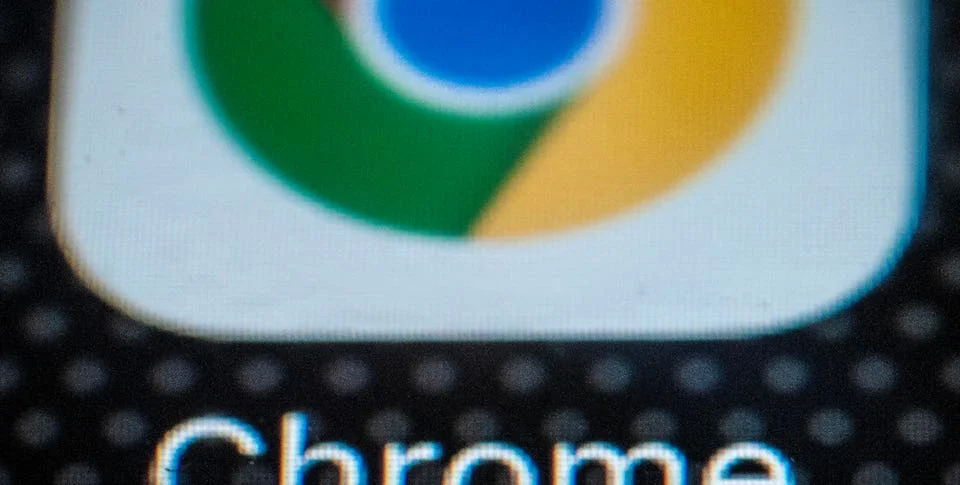
Apple Urges iPhone Users to Ditch Chrome Over Privacy Concerns: A Deep Dive
Apple is sounding the alarm, urging iPhone users to immediately delete Google Chrome due to growing privacy concerns. This isn't just a suggestion; it's a full-blown campaign, reminiscent of a Hitchcockian thriller, aimed at highlighting the alleged risks associated with Google's popular browser.
The buzz started with a resurfaced 2024 video, “Privacy on iPhone: Flock,” a clever parody of Alfred Hitchcock’s “The Birds.” The video, though not explicitly naming Chrome, strongly implies its dangers, depicting iPhone users besieged by swarms of birds—a metaphor for relentless online trackers. The “Flock” reference is a nod to Google's past attempt at ad targeting via FLoC (Federated Learning of Cohorts), a method that grouped users based on online behavior, aiming to serve personalized ads without directly tracking individuals. While Google later scrapped FLoC, the underlying issues of user data privacy remain.

The timing of Apple's renewed campaign is particularly noteworthy. It coincides with Google's recent announcement that it will no longer phase out third-party cookies on Chrome, backtracking on earlier promises. This decision has reignited the privacy debate, providing Apple with an opportunity to position its own Safari browser as a privacy champion.
Unlike Safari, Chrome allows advertisers and websites to monitor users’ online behavior, a practice that fuels Google's multi-billion dollar advertising revenue stream. While Google argues that users have the option to manage cookie tracking, critics contend that the default settings and complexity make it difficult for average users to truly control their privacy.
But is Chrome truly the digital boogeyman Apple portrays? Experts offer a nuanced perspective. Elly Hancock from Private Internet Access suggests that “When it comes down to your security, Safari is probably your best bet.” However, she also acknowledges that “Safari is more secure and privacy-friendly than Chrome, but Chrome is faster and offers enhanced performance.”

Zak Doffman of Forbes argues that deleting Chrome may be an overreaction. He emphasizes that the primary concern is being tracked by marketing machines to sell unwanted products. He recommends disabling “Allow Cross-Website Tracking” in Chrome's settings and using Incognito Mode for sensitive activities. Doffman also highlights the importance of keeping Chrome updated to protect against malware and security vulnerabilities.
The bottom line? The decision to delete Chrome depends on your personal level of privacy concern. While Apple paints a dire picture, highlighting the potential risks of data tracking, many users find Chrome's performance and features indispensable. Staying informed, adjusting privacy settings, and employing safe browsing habits are crucial regardless of your browser choice.
What are your thoughts on the Chrome vs.Safari debate? Do you prioritize privacy over performance? Share your opinions and experiences in the comments below!